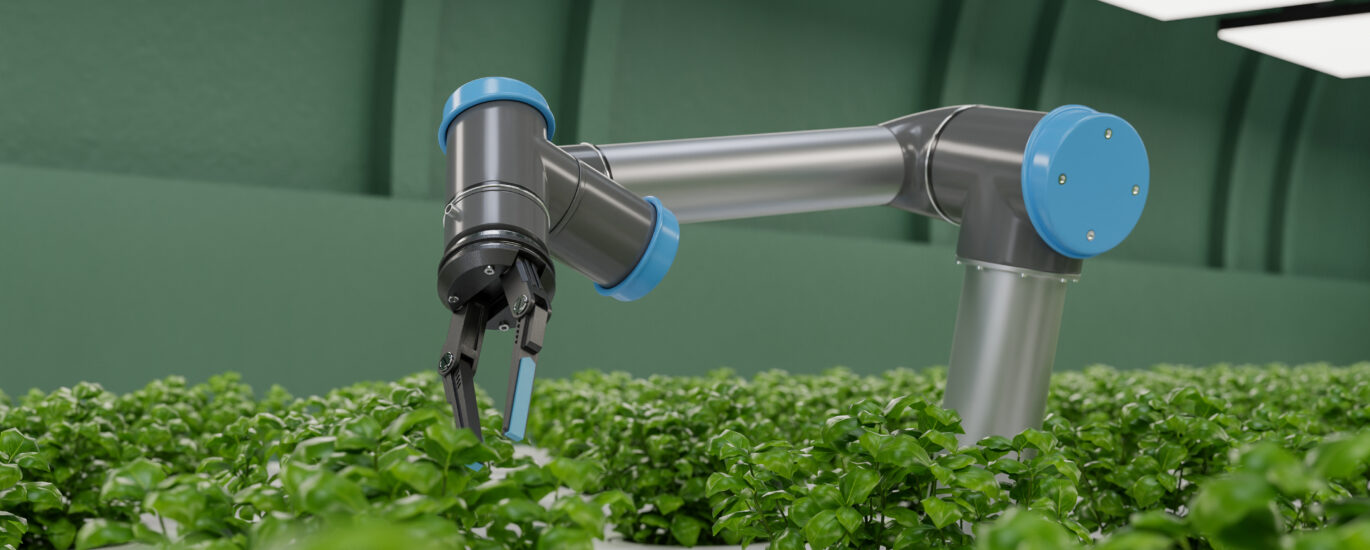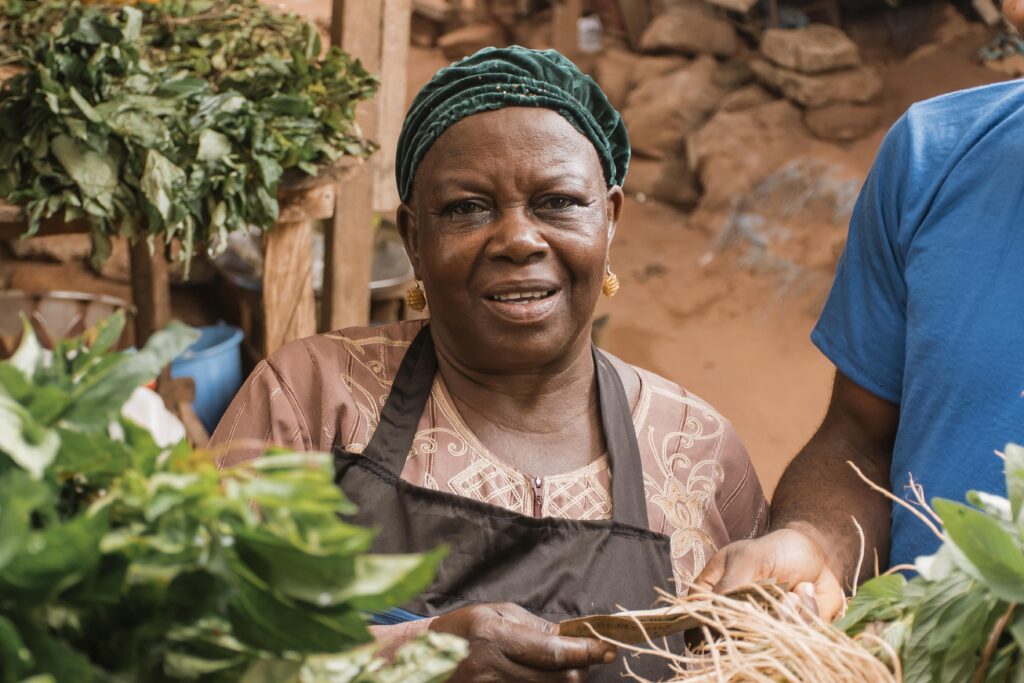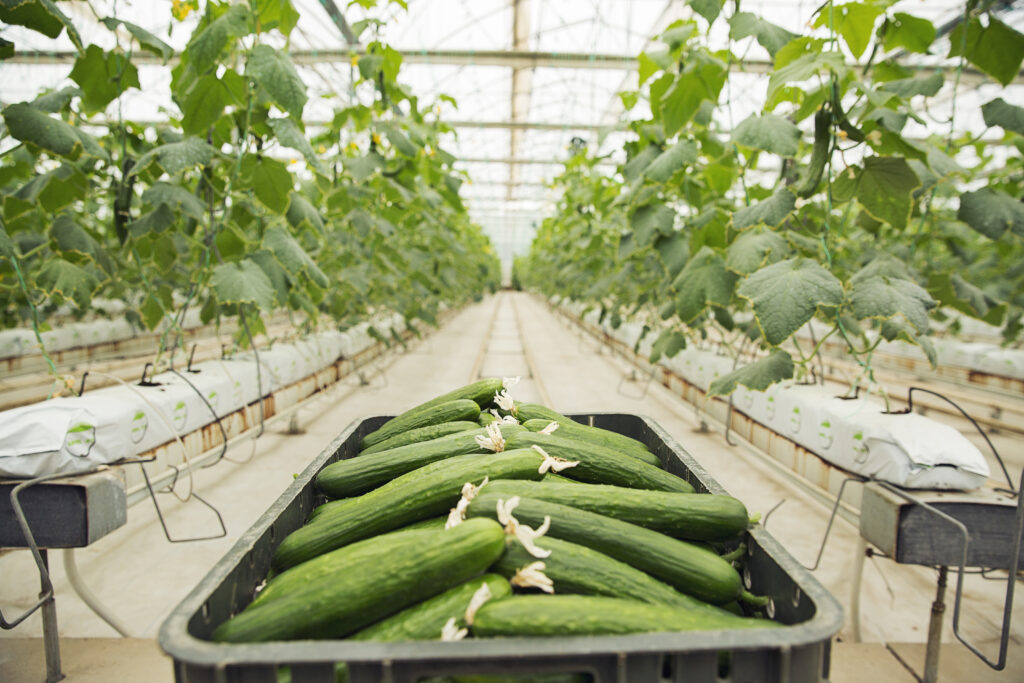In a world where food security remains a critical challenge, the integration of technology in agriculture emerges as a beacon of hope. Sustainable farming practices are vital not only for meeting the growing global food demand but also for ensuring environmental conservation and economic viability for farmers. By leveraging cutting-edge technologies, we can enhance agricultural productivity, optimize resource use, and pave the way for a sustainable future.
The Role of Technology in Sustainable Farming
1. Precision Agriculture:
Precision agriculture uses data-driven techniques to manage fields more efficiently. By utilizing GPS technology, sensors, and drones, farmers can monitor crop health, soil conditions, and weather patterns in real time. This allows for precise application of water, fertilizers, and pesticides, reducing waste and minimizing environmental impact.
2. Smart Irrigation Systems:
Water scarcity is a significant concern in agriculture. Smart irrigation systems use sensors to monitor soil moisture levels and weather forecasts to deliver the exact amount of water needed by crops. This not only conserves water but also improves crop yield and quality.
3. IoT and Big Data:
The Internet of Things (IoT) connects various farming equipment and sensors to a central system, providing real-time data on crop conditions, livestock health, and equipment performance. Big data analytics can then be used to predict trends, manage risks, and make informed decisions that enhance productivity and sustainability.
4. Robotics and Automation:
Robotic systems are transforming agricultural practices by automating labor-intensive tasks such as planting, weeding, and harvesting. These technologies increase efficiency, reduce labor costs, and allow farmers to focus on more strategic activities.
5. Biotechnology:
Advancements in biotechnology, such as genetically modified organisms (GMOs) and CRISPR gene editing, offer the potential to develop crops that are more resistant to pests, diseases, and environmental stresses. This leads to higher yields and reduced reliance on chemical inputs.
Integrating technology into sustainable farming is not just a trend but a necessity for the future of agriculture. By embracing precision agriculture, smart irrigation, IoT, robotics, and biotechnology, we can significantly boost agricultural productivity, ensure environmental sustainability, and improve the livelihoods of farmers. As we move forward, collaboration between governments, the private sector, and agricultural communities will be key to overcoming challenges and realizing the full potential of technology in agriculture.








